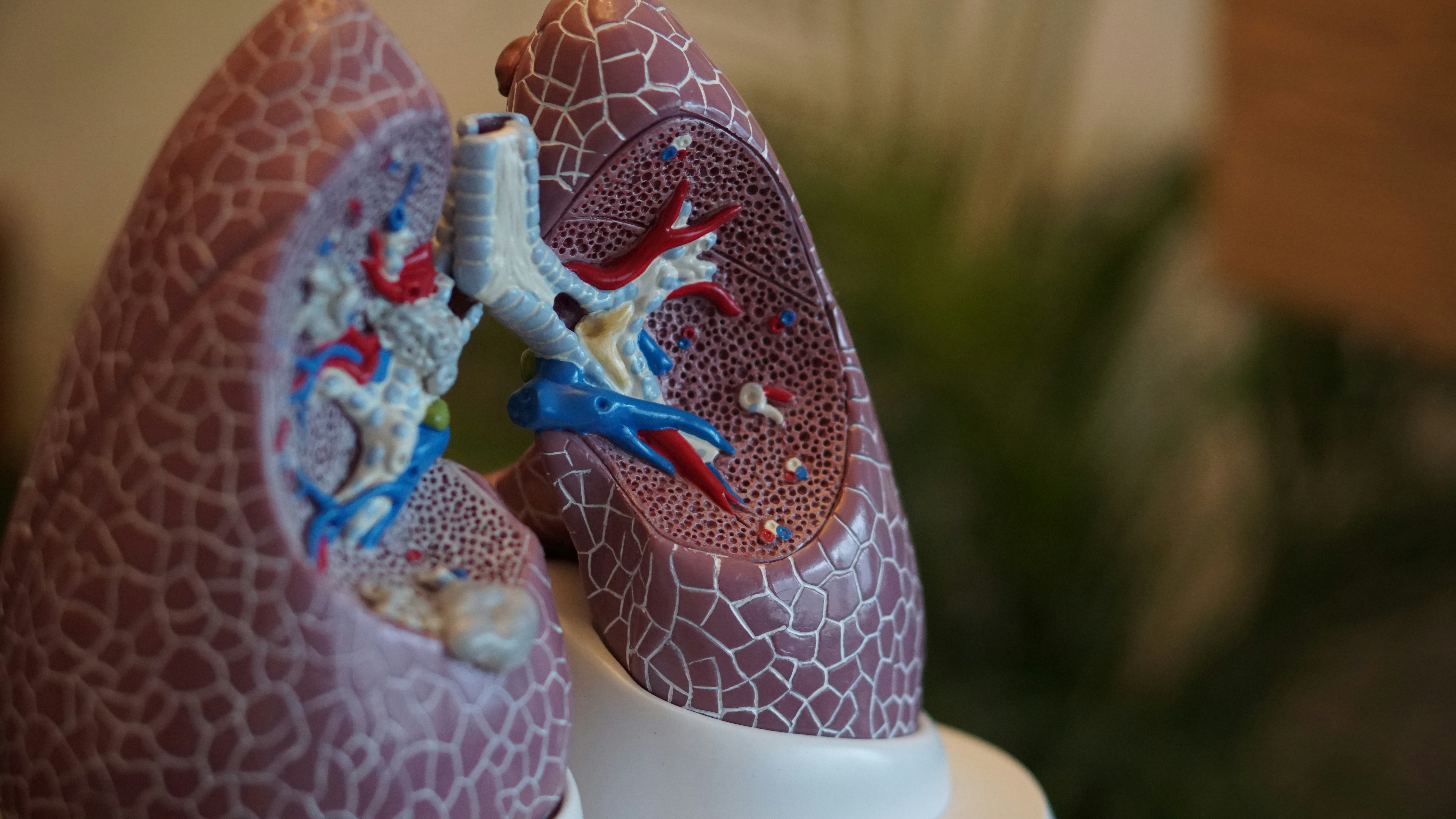Attachments
Note: Not all attachments are visible to the general public. Research URLs will go live after the embargo ends.

Journal/
conference: JAMA
conference: JAMA
Research:Paper
Organisation/s:
Peter MacCallum Cancer Centre, The University of Melbourne
Funder:
Dr Murphy is supported by the
Rosetrees Trust. Dr Pandya is supported by a UCL
UKRI Centre for Doctoral Training in AI-enabled
Healthcare studentship (EP/S021612/1), a Francis
Crick Institute Idea to Innovation (i2i) grant, and by
the Ruth Strauss Foundation. Dr Swanton is a Royal
Society Napier Research Professor
(RSRP\R\210001); his work is supported by the
Francis Crick Institute, which receives its core
funding from Cancer Research UK (CC2041), the UK
Medical Research Council (CC2041), and the
Wellcome Trust (CC2041). Dr Swanton is funded by
Cancer Research UK (TRACERx [C11496/A17786]),
PEACE (C416/A21999), and CRUK Cancer
Immunotherapy Catalyst Network; Cancer Research
UK Lung Cancer Centre of Excellence (C11496/
A30025); the Rosetrees Trust; the Ruth Strauss Foundation; Future Dreams; Gustave Roussy
Foundation; Butterfield and Stoneygate Trusts;
Novo Nordisk Foundation (ID16584); Royal Society
Professorship Enhancement Award (RP/EA/
180007 and RF\ERE\231118); National Institute for
Health Research (NIHR) University College London
Hospitals Biomedical Research Centre; the Cancer
Research UK-University College London Centre;
Experimental Cancer Medicine Centre; the Breast
Cancer Research Foundation (US) (BCRF-22-157);
Cancer Research UK Early Detection and Diagnosis
Primer Award (grant EDDPMA-Nov21/100034);
and The Mark Foundation for Cancer Research
Aspire Award (grant 21-029-ASP) and ASPIRE
Phase II award (grant 23-034-ASP). Dr Swanton
received an ERC Advanced Grant (PROTEUS) from
the European Research Council under the European
Union’s Horizon 2020 research and innovation
program (grant agreement No. 835297).
Dr Solomon is supported by a National Health and
Medical Research Council Investigator Grant.



 Australia; VIC
Australia; VIC


